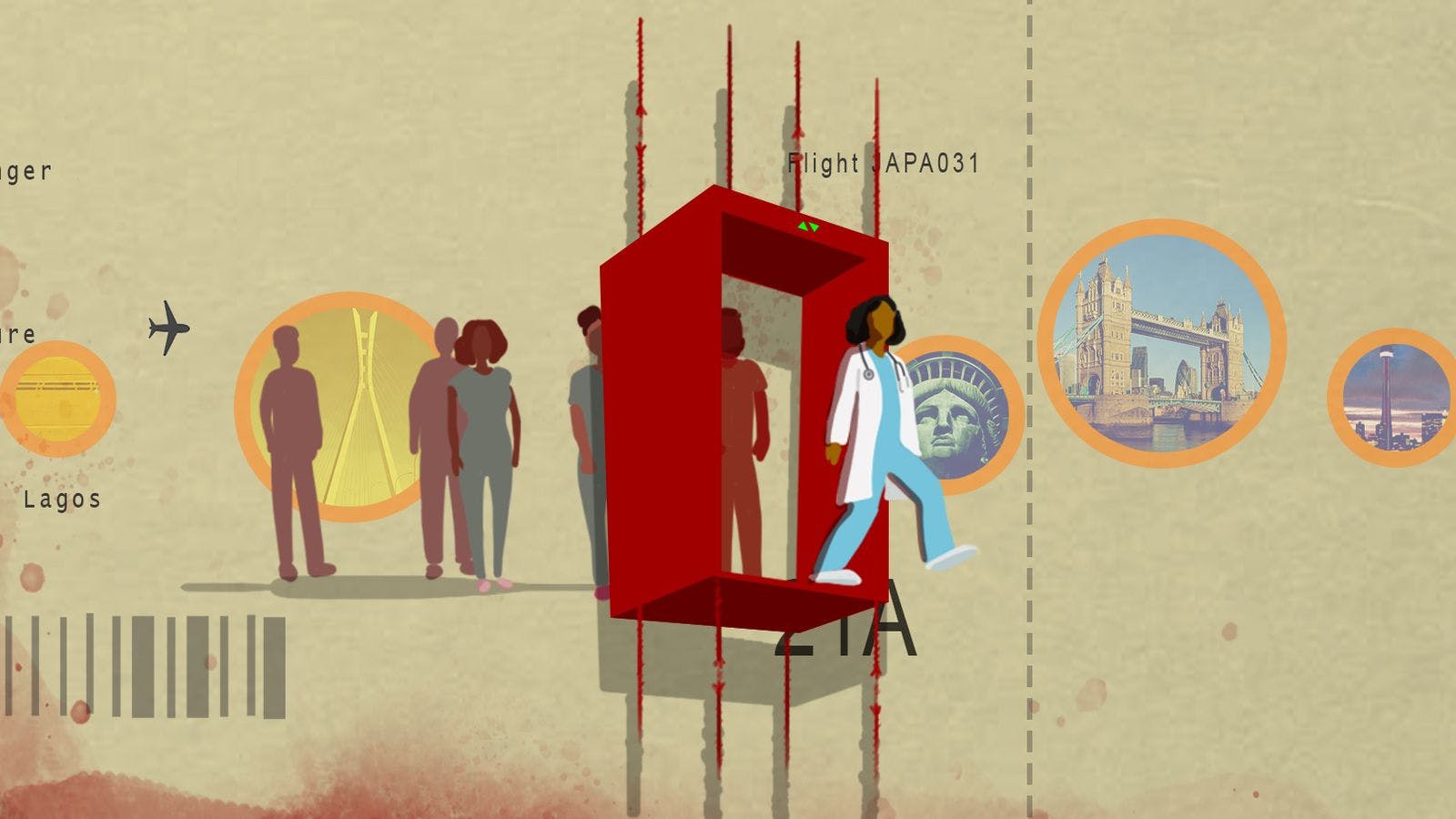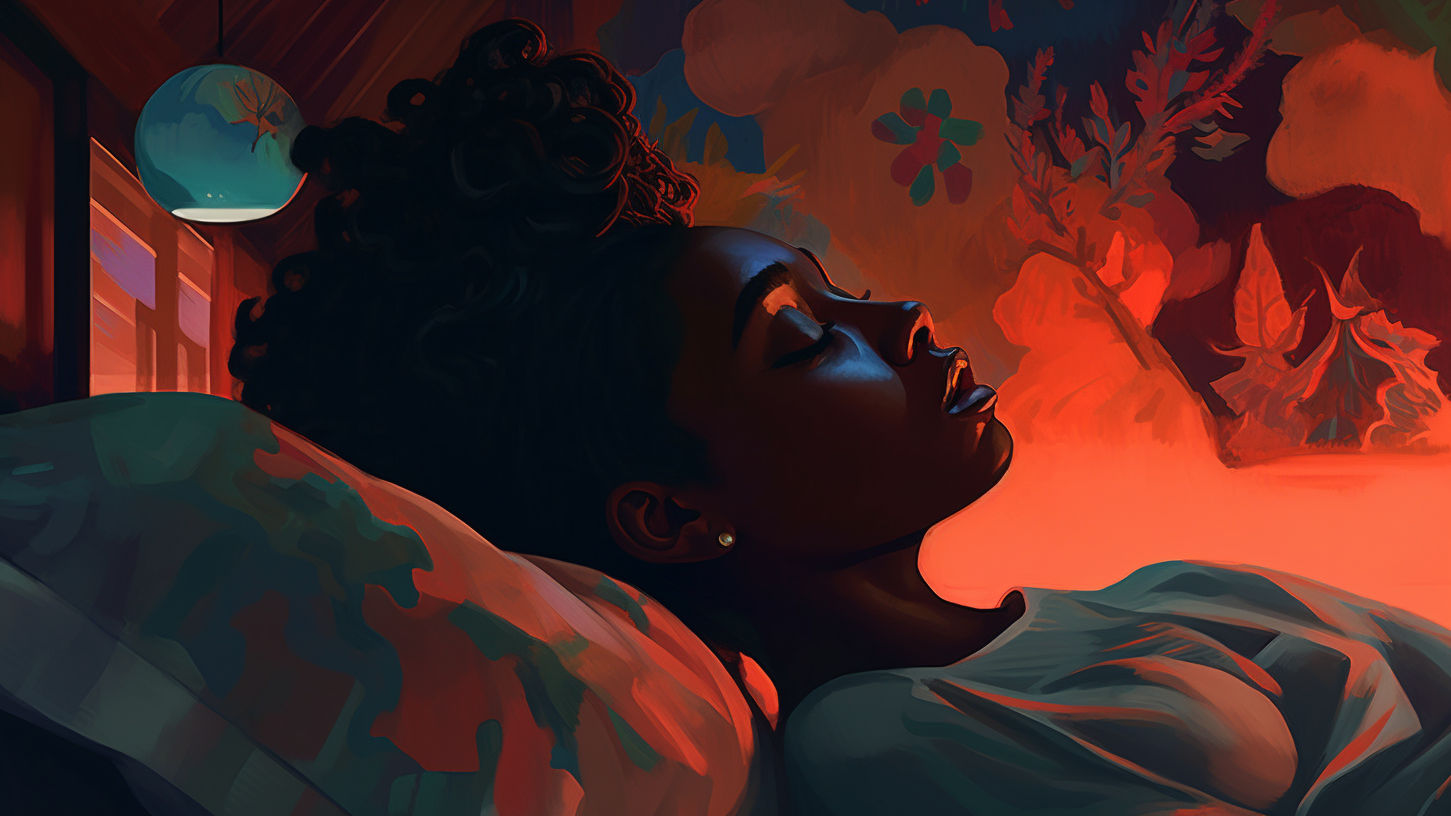
When you work in the Emergency Pediatric Department of a referral center, you don't get used to dealing with life-and-death situations, contrary to popular belief. Nobody does.
It's impossible to become numb to it all. Every situation is unpredictable. Every new call brings the possibility of heartbreak or triumph, and it's always a fifty-fifty chance.
Perhaps you are wondering if it gets any easier. The simple answer is no, it doesn't, and it probably never will.
When it comes to the things you get used to on the job, there is the routine counseling of others to place their well-being first. You do this with a smile, dark circles under your eyes, and mental health that slowly frays at the end with each passing moment.
It's also not uncommon to have days stretched so thin that you can't remember the last time you've eaten or slept. But familiarity has bred indifference, and now you hardly recognize the toll it takes on you.
Of course, you are not complaining.
In fact, you love this job, warts and all, because fleeting as they may be, there are moments when you find peace amidst the chaos.
In this profession, where tragedy is the order of the day, where you are required to be humane but not too much, where it is beyond difficult to find amusement or glee in even the most mundane of tasks, you've found solace in drawing.
Sketching has become your sanctuary, a refuge from the relentless demands of the ER. And on days of slow activities, you seize the opportunity to reach for your notepad and pencil, poised to translate the essence of your patients onto paper.
When you sketch, the depressing world around you fades, and all that remains is the gentle stroke of your pen and the blank page before you. You immerse yourself in the process, watching as the lines and curves of your drawings take on a life of their own. Each stroke is imbued with emotion, capturing the essence of your patients in a way that transcends words.
You see beyond the surface, beyond the medical charts and test results, and into the very heart of each child. You etch out a new reality for your patients, one where pain and suffering are replaced by peace.
Of course, you are no Picasso, far from it. In fact, your sketches could be called crude, simplistic, or even amateurish but that’s precisely the point.
Because when you hand your patients—at least those old enough—these sketches of them caught in awkward or comical scenarios, it never fails to evoke laughter—even if they were previously in a state of tears. And while they may initially protest at the lackluster quality of your artwork, they will inevitably ask to keep the humorous mementos.


